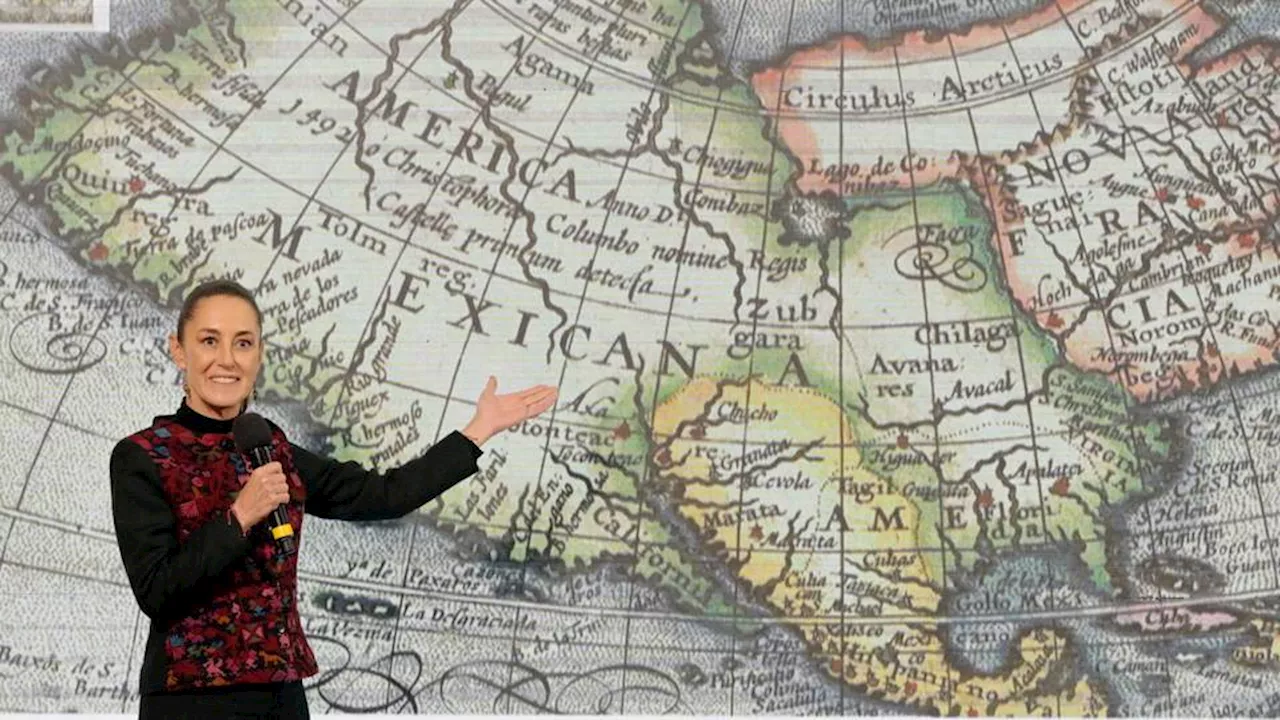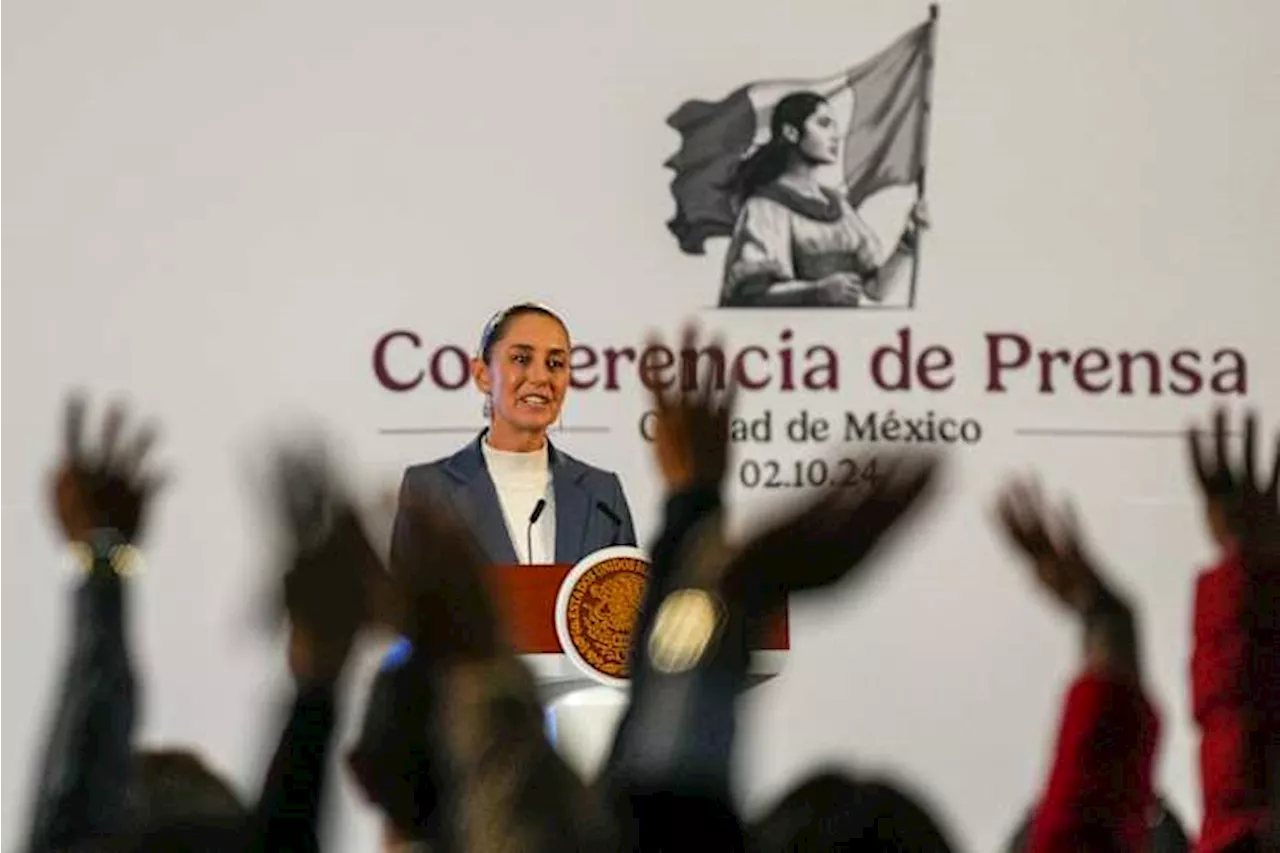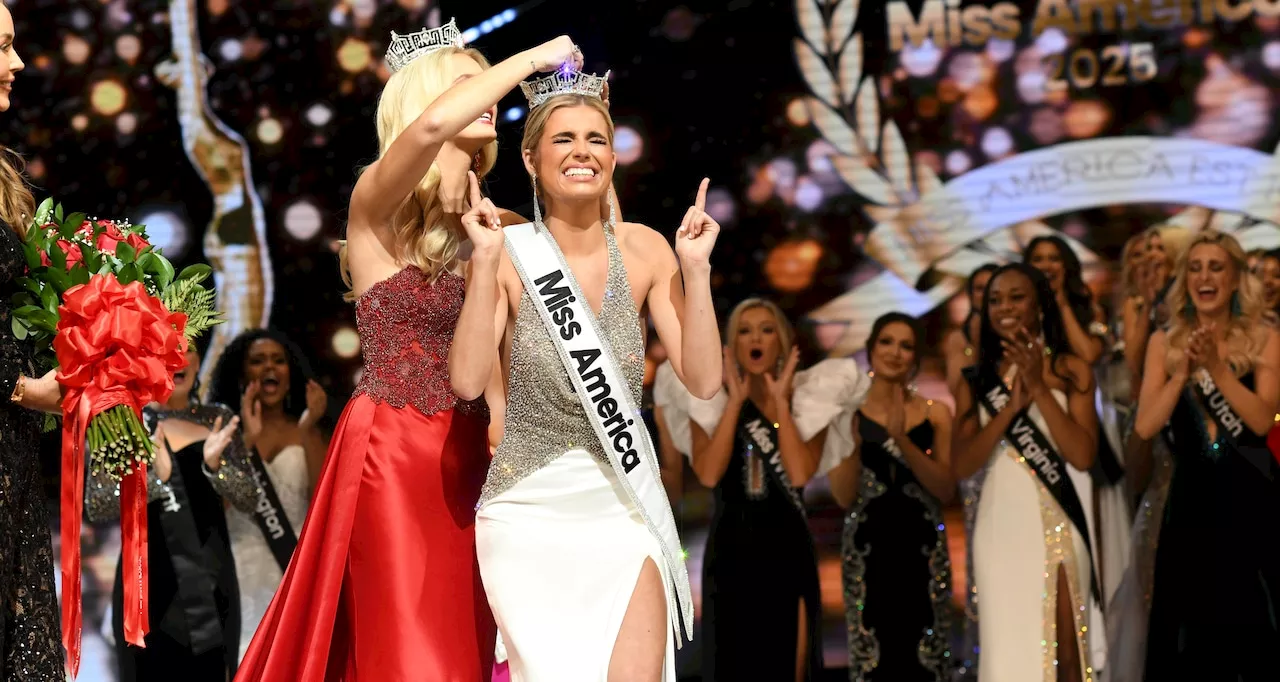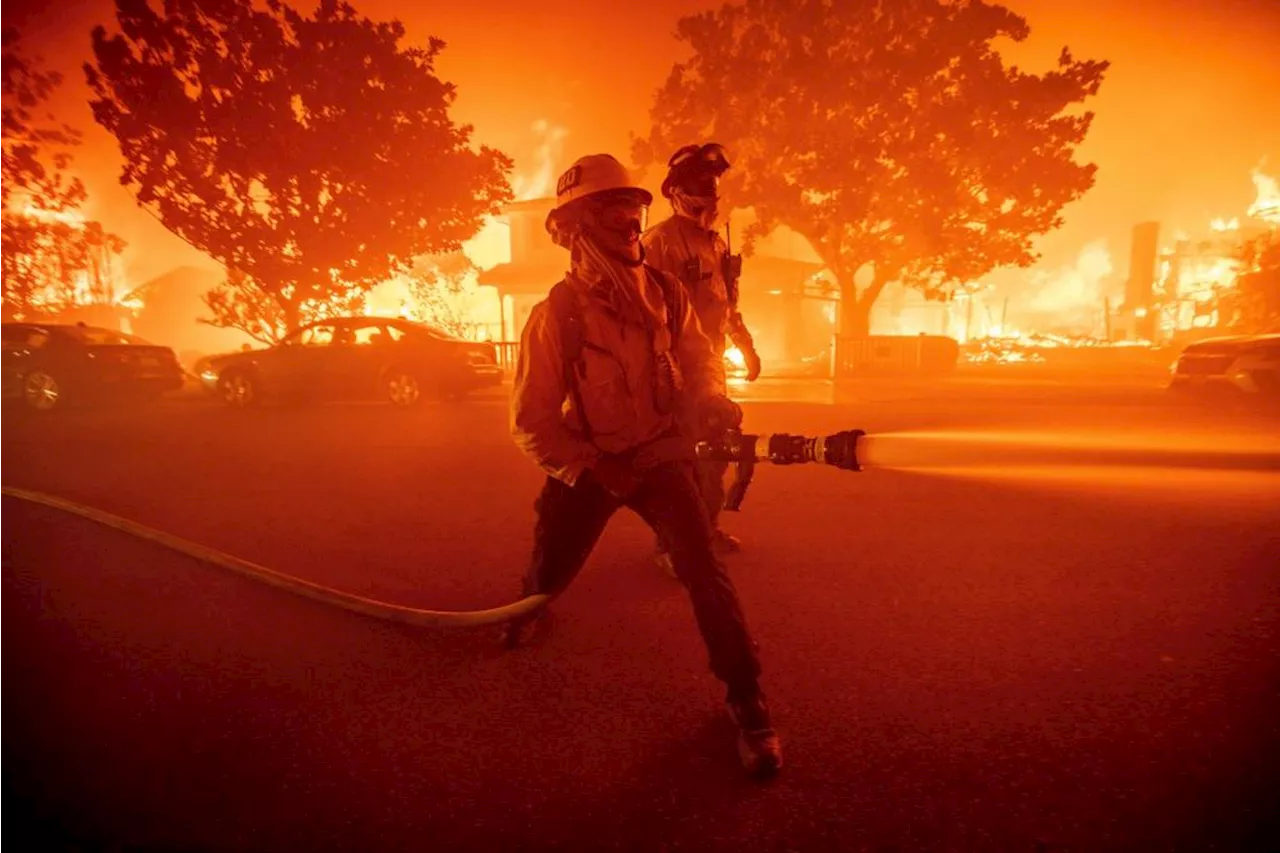The recent devastating wildfires in Los Angeles highlight the urgent need to overhaul America's firefighting systems. The current reliance on seasonal staffing, mutual aid, and overworked federal agencies is unsustainable in a world of increasingly frequent and severe wildfires.
Firefighters battled the Palisades Fire as it raged through the Pacific Palisades neighborhood of Los Angeles on January 7th. The fires in the Los Angeles area have been devastating, destroying over 15,000 structures, displacing approximately 200,000 people, scorching over 37,000 acres, and tragically resulting in at least 27 deaths. However, experts believe the damage could have been significantly worse.
Officials acknowledged that they lacked the necessary fire personnel to effectively handle the situation. The current system relies heavily on a complex network of local, state, and federal agencies that frequently support each other, often traveling long distances across state lines to do so. This mutual aid is evident in the presence of firefighters from neighboring states like Nevada and Arizona on the fire lines in Los Angeles, and in the aircraft overhead bearing liveries from nearby Orange County and even distant Quebec. North America's wildland firefighting systems heavily depend on this mutual aid network, and it was pure luck that numerous agencies, both near and far, had the capacity to assist in this crisis. By January 14th, a week after the fire erupted and when numbers began a slow decline, there were 5,123 firefighters assigned to the Palisades fire and 3,408 assigned to the Eaton fire, according to status reports. However, a system reliant on luck is not sustainable. It is already strained and risks collapsing in a world facing increasingly frequent and severe wildfires.The federal forces that form the backbone of the wildland firefighting system are the Forest Service and the Bureau of Land Management, along with a handful of smaller agencies. All are overworked due to a long history of overburdening and underpaying a workforce that is largely seasonal. These agencies face chronic staffing shortages, leading to a wildland fire workforce in America grappling with mental and physical health crises and even homelessness.Better-supported and more stable local and state agencies, by necessity, prioritize their local jurisdictions. The reason Orange County can provide substantial aid to Los Angeles currently is that there are no major fires burning in Orange County. If Canadian wildfires were raging, they wouldn't be able to rely on the Quebecois Super Scooper aircraft seen skimming water from the Pacific to combat the Palisades fire. Los Angeles County already boasts some of the highest concentrations and quality of firefighting resources globally. Even with more personnel or equipment, the Palisades or Eaton fires wouldn't have been contained within a day or two. Given the severe drought, strong winds, and a lack of beneficial natural or prescribed fire in the landscape, which has resulted in what experts call the region's fire debt, ignitions this month were likely destined to cause significant fires. Even if these fires were unavoidable, Los Angeles narrowly escaped further destruction from numerous new blazes that ignited after the Palisades and Eaton fires were already out of control.As is typical in our current system, additional firefighters from outside the local area arrived to relieve the exhausted initial responders after their 24- or 48-hour shifts. These relief firefighters helped prevent new fires from escalating out of control. As a former firefighter myself, I have long advocated for the benefits of mutual aid and resource-sharing systems. However, our world is changing, and firefighting tactics must adapt. Our firefighting systems still rely on seasonal staffing surges, but as these January blazes demonstrate, there is no such thing as a 'fire season' anymore.Land managers, researchers, and advocates correctly point out the urgent need to reintroduce fire to Western landscapes to mitigate some of the damage caused by over a century of mismanagement. However, prescribed fire in densely populated areas like Altadena or Santa Monica poses significant challenges with limited scope. As fires in the so-called wildland-urban interface become increasingly destructive, fighting them remains the only viable option for protecting lives and property. And fighting these fires requires a robust and year-round workforce. This means exploring options like permanent National Guard activations focused on firefighting. It might even necessitate implementing voluntary local or national service models that channel Americans' desire to help into these overburdened and overwhelmed systems. None of these solutions would replace the mutual aid we see when communities share resources; those systems should be expanded as well. Whatever the new system looks like, it cannot continue to rely on the same approach used every fire season – if the usual response failed in Los Angeles, it won't work anywhere else
Disaster Relief Emergency Services Wildfires Firefighting Mutual Aid National Guard Disaster Relief Fire Season Resource Allocation
United States Latest News, United States Headlines
Similar News:You can also read news stories similar to this one that we have collected from other news sources.
 LA Wildfires Expose Flaws in America's Firefighting SystemThe recent devastating wildfires in Los Angeles highlight the limitations and vulnerabilities of America's wildland firefighting system. While the response was successful in mitigating some of the damage, the reliance on volunteer support and seasonal staffing raises concerns about the system's long-term sustainability in the face of increasingly frequent and intense wildfires.
LA Wildfires Expose Flaws in America's Firefighting SystemThe recent devastating wildfires in Los Angeles highlight the limitations and vulnerabilities of America's wildland firefighting system. While the response was successful in mitigating some of the damage, the reliance on volunteer support and seasonal staffing raises concerns about the system's long-term sustainability in the face of increasingly frequent and intense wildfires.
Read more »
 Black Publisher Ditches America for Jamaica: 'Quit America'A Black publisher, reflecting on the experience of living in America, shares her decision to leave the country and relocate to Jamaica with her family. The publisher, citing a history of systemic racism and the realization that America may never truly be fair to Black people, emphasizes the feeling of liberation and a renewed connection to nature found in Jamaica. She encourages others to consider 'quitting America' and exploring alternative ways of life.
Black Publisher Ditches America for Jamaica: 'Quit America'A Black publisher, reflecting on the experience of living in America, shares her decision to leave the country and relocate to Jamaica with her family. The publisher, citing a history of systemic racism and the realization that America may never truly be fair to Black people, emphasizes the feeling of liberation and a renewed connection to nature found in Jamaica. She encourages others to consider 'quitting America' and exploring alternative ways of life.
Read more »
 Team Trump: America Entering 'Make America Wealthy Again' EraA new video from Team Trump released ahead of Inauguration Day highlights 'MAWA' promises, aiming to make America wealthy and affordable again. The video features Trump speaking about low taxes, low regulations, and low energy costs, contrasting with the economic situation under President Joe Biden.
Team Trump: America Entering 'Make America Wealthy Again' EraA new video from Team Trump released ahead of Inauguration Day highlights 'MAWA' promises, aiming to make America wealthy and affordable again. The video features Trump speaking about low taxes, low regulations, and low energy costs, contrasting with the economic situation under President Joe Biden.
Read more »
 Mexican President Proposes 'Mexican America' as Trump Suggests 'Gulf of America'Mexican President Claudia Sheinbaum jokingly proposed renaming North America 'Mexican America' in response to US President-elect Donald Trump's suggestion to change the Gulf of Mexico's name to 'Gulf of America'.
Mexican President Proposes 'Mexican America' as Trump Suggests 'Gulf of America'Mexican President Claudia Sheinbaum jokingly proposed renaming North America 'Mexican America' in response to US President-elect Donald Trump's suggestion to change the Gulf of Mexico's name to 'Gulf of America'.
Read more »
 Mexican President Sarcastically Proposes Renaming North America 'Mexican America' After Trump's Gulf of Mexico ProposalMexican President Claudia Sheinbaum responded sarcastically to U.S. President-elect Donald Trump's proposal to change the name of the Gulf of Mexico to the Gulf of America. Sheinbaum proposed renaming North America 'América Mexicana' or 'Mexican America', citing an 1814 document.
Mexican President Sarcastically Proposes Renaming North America 'Mexican America' After Trump's Gulf of Mexico ProposalMexican President Claudia Sheinbaum responded sarcastically to U.S. President-elect Donald Trump's proposal to change the name of the Gulf of Mexico to the Gulf of America. Sheinbaum proposed renaming North America 'América Mexicana' or 'Mexican America', citing an 1814 document.
Read more »
 Miss America 1995 Congratulates New Miss AmericaAbbie Stockard, a native of Alabama, was crowned Miss America 2025 on January 5th, 2025. Former Miss America Heather Whitestone McCallum congratulated Stockard, noting her humility, thoughtfulness, and preparedness to serve.
Miss America 1995 Congratulates New Miss AmericaAbbie Stockard, a native of Alabama, was crowned Miss America 2025 on January 5th, 2025. Former Miss America Heather Whitestone McCallum congratulated Stockard, noting her humility, thoughtfulness, and preparedness to serve.
Read more »
